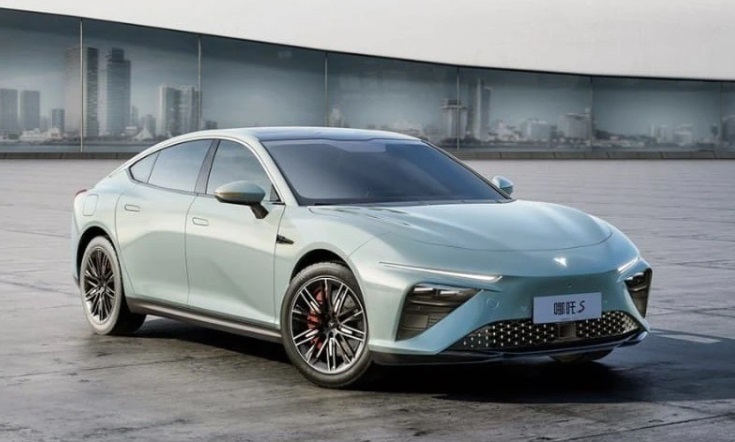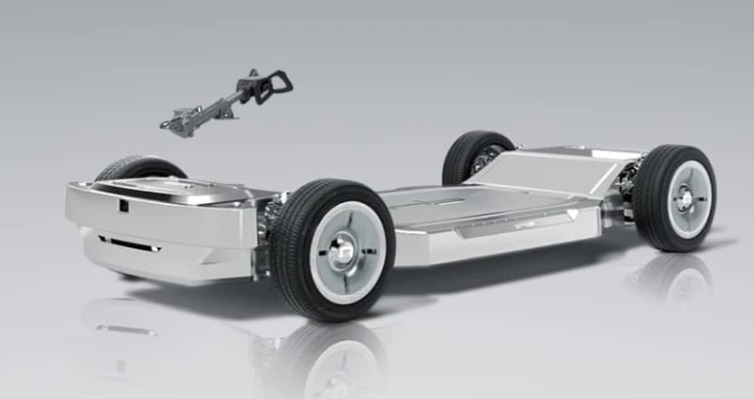A Chinese car brand called CALT has recently developed an advanced smart chassis platform called CATL, also known as CIIC sliding board.
CALT has successfully conducted tests on the Neta electric car using this innovative platform, enabling the vehicle to achieve an impressive range of up to 1,000 km and a consumption rate of 10.5 kWh/100 km. Moreover, it also allows the car to travel 300 km after only a 5-minute charge. However, it is worth mentioning that under extreme weather conditions of -7 degrees Celsius, the operating range may be reduced by 30%.
This innovative sliding board chassis integrates essential components such as the battery and electric motor into a single platform, serving as the foundation for electric vehicles. This integration not only reduces the overall weight of the vehicle but also helps save production costs, lower energy consumption, and increase cabin space.
Earlier this year, Hozon Auto, a Chinese electric car company and the owner of the Neta brand, signed an official agreement to become the first partner of CATL in utilizing the groundbreaking sliding board chassis for their vehicles.
The collaboration between the two companies in research and development has resulted in the announcement of the first car based on CIIC technology, which is expected to be released in the third quarter of 2024.
During the Dishui Lake Summit of the International Auto Conference held on November 30, a representative from CATL revealed a significant breakthrough in the development of CIIC.
CATL has successfully completed winter tests in Harbin, northern China, and summer tests in Turpan. The company also confirmed that the production of cars utilizing the new sliding board chassis will commence in the third quarter of 2024.
TH (Tuoitrethudo)













































